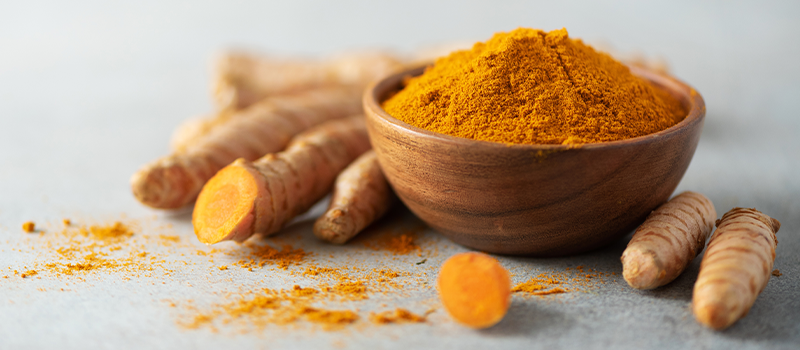Asthma is a chronic respiratory condition that causes inflammation and narrowing of the airways, leading to symptoms such as wheezing, shortness of breath, chest tightness, and coughing. While medical treatment—such as inhalers and corticosteroids—is essential for managing asthma, many people seek complementary home remedies to help reduce the frequency or severity of symptoms.
Although these home remedies cannot replace prescribed medications, they may provide supportive relief and help improve overall lung health. Always consult a healthcare professional before starting any new treatment approach.
1. Steam Inhalation

Why It Helps:
Steam can loosen mucus and open up the airways, providing temporary relief from congestion and breathing difficulties.
How to Use:
Boil water and pour it into a bowl.
Drape a towel over your head and inhale the steam for 5–10 minutes.
You can add essential oils like eucalyptus or peppermint for added effect (if you’re not sensitive to scents).
Caution:
This is not recommended for small children due to the risk of burns.
2. Ginger

Why It Helps:
Ginger has anti-inflammatory properties that may help relax airway muscles and reduce inflammation in the respiratory system.
How to Use:
Add fresh ginger to your tea.
Boil ginger slices in water and drink it as a warm infusion.
Alternatively, mix ginger juice with honey for a soothing remedy.
3. Honey

Why It Helps:
Honey has natural anti-inflammatory and antimicrobial properties. It can soothe the throat and reduce coughing.
How to Use:
Mix one teaspoon of honey in warm water and drink it before bedtime to reduce nighttime coughing.
Combine honey with ginger or lemon for added benefits.
4. Omega-3 Fatty Acids

Why It Helps:
Found in fish oil, flaxseed, and walnuts, omega-3s may help reduce inflammation in the lungs and improve respiratory function.
How to Use:
Incorporate more fatty fish like salmon or sardines into your diet.
Consider a high-quality fish oil supplement (only with medical advice).
5. Caffeine

Why It Helps:
Caffeine is a mild bronchodilator. It can help open the airways and improve lung function for a few hours.
How to Use:
A cup of black coffee or tea may provide temporary relief from asthma symptoms.
Avoid excessive caffeine intake, as it can cause side effects like insomnia or increased heart rate.
6. Breathing Exercises

Why It Helps:
Techniques like diaphragmatic breathing and the Buteyko method can improve lung efficiency and reduce the frequency of asthma attacks.
Examples:
Pursed-lip breathing: Inhale through the nose and exhale slowly through pursed lips.
Deep belly breathing: Helps engage the diaphragm and promotes full oxygen exchange.
7. Turmeric

Why It Helps:
Turmeric contains curcumin, a powerful anti-inflammatory compound that may help reduce airway inflammation.
How to Use:
Add turmeric to your food or drink it with warm milk.
You can also take curcumin supplements after consulting your doctor.
8. Mustard Oil Massage

Why It Helps:
Warm mustard oil mixed with camphor can help open air passages during an asthma attack.
How to Use:
Heat mustard oil slightly and mix with a pinch of camphor.
Massage the mixture gently onto the chest and back.
9. Avoiding Triggers at Home
Common Triggers:
Dust mites
Pet dander
Mold
Pollen
Smoke and strong odors
Remedies:
Use an air purifier.
Wash bedding regularly in hot water.
Keep windows closed during high-pollen days.
Avoid smoking or exposure to secondhand smoke.
10. Maintain a Healthy Weight

Why It Helps:
Excess weight can worsen asthma symptoms and make it harder to breathe.
Tips:
Eat a balanced diet.
Engage in regular physical activity suitable for your condition.
Important Note:
Home remedies can support asthma management but should never replace prescribed medication or emergency care. If you experience severe symptoms—such as extreme difficulty breathing, blue lips, or confusion—seek immediate medical attention.
Final Thoughts
Asthma is a manageable condition when approached holistically. Alongside your prescribed treatment, natural home remedies like steam inhalation, ginger tea, breathing exercises, and a healthy lifestyle can help you reduce symptoms and improve your quality of life. Always discuss any new remedies with your doctor to ensure they are safe for your specific condition.

